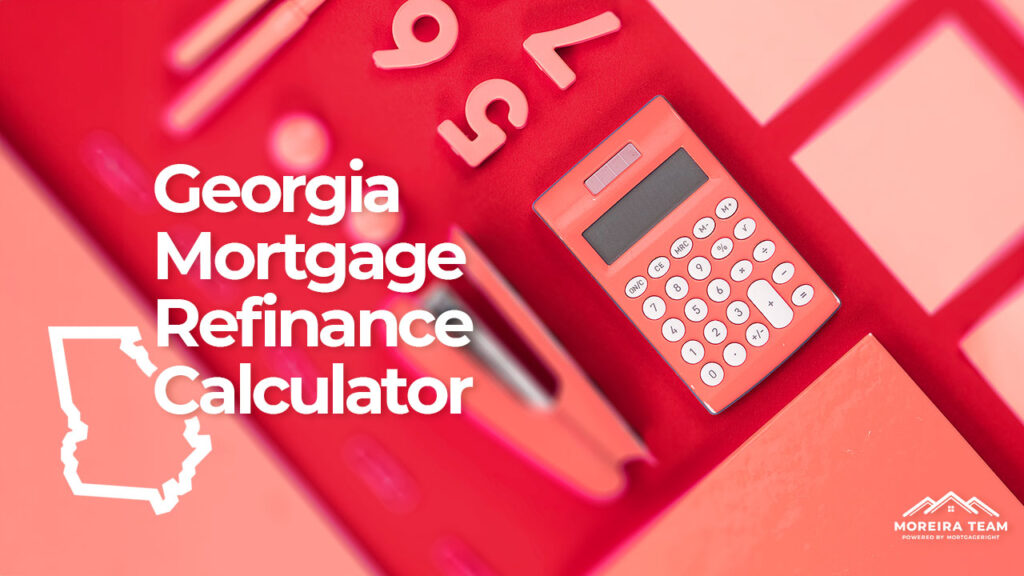In this article
Is Refinancing in Georgia Worth it?
As a Georgia homeowner thinking about refinancing your mortgage, it really boils down to the numbers. Will you be in a better financial position, or not? Depending on if you want to lower your monthly payment, or the overall cost of your loan, or maybe take some cash out, you’re going to want to know if the a new loan will be better than your current situation. The Georgia refinance calculator can help you figure out if you can save.
Refinance Affordability Calculator
What is mortgage refinancing?
At it’s most basic, a mortgage refinance is when you replace your current loan with a new one. Getting a refinance is similar to the loan you already have except it will likely come with new terms and rate. You will apply the same way you did with your current loan, which will include a credit check, employment history, income and other financial requirements. You will also have to have a home appraisal done to evaluate the home and how much equity you ultimately have in the property.

Your refinance loan pays off your current mortgage and you’ll just be responsible for the new loan. Most people choose to refinance for better rates to help lower their monthly mortgage payment or shorter terms to be able to pay off their mortgage a little earlier and save more over the life of the loan. Some will choose to do a cash-out refinance and pull out some of the equity they have as cash. They can use it to reinvest into the home in the form of renovations and upgrades, or use it to pay off large debts, which will ultimately help with their overall monthly bills.
How much does it cost to refinance your mortgage in Georgia?
Most refinances will help you save money in your monthly payments or even over the life of your loan, but there are upfront fees associated with the process, just as there were when you bought your home. Those refinance closing cost fees may include:
- Lender fees (application fee, origination charges, and any points)
- Title search fee
- Document recording fees
- Appraisal fee
- Credit check
- Escrow (mortgage insurance and property taxes)
Overall closing costs will depend on your loan value, the rate of the loan, your DTI, and what loan program you chose to use for your refinance. Make sure to ask your loan provider what specific fees are involved so you understand everything you will be responsible for upfront, before you go through with your refinance.
